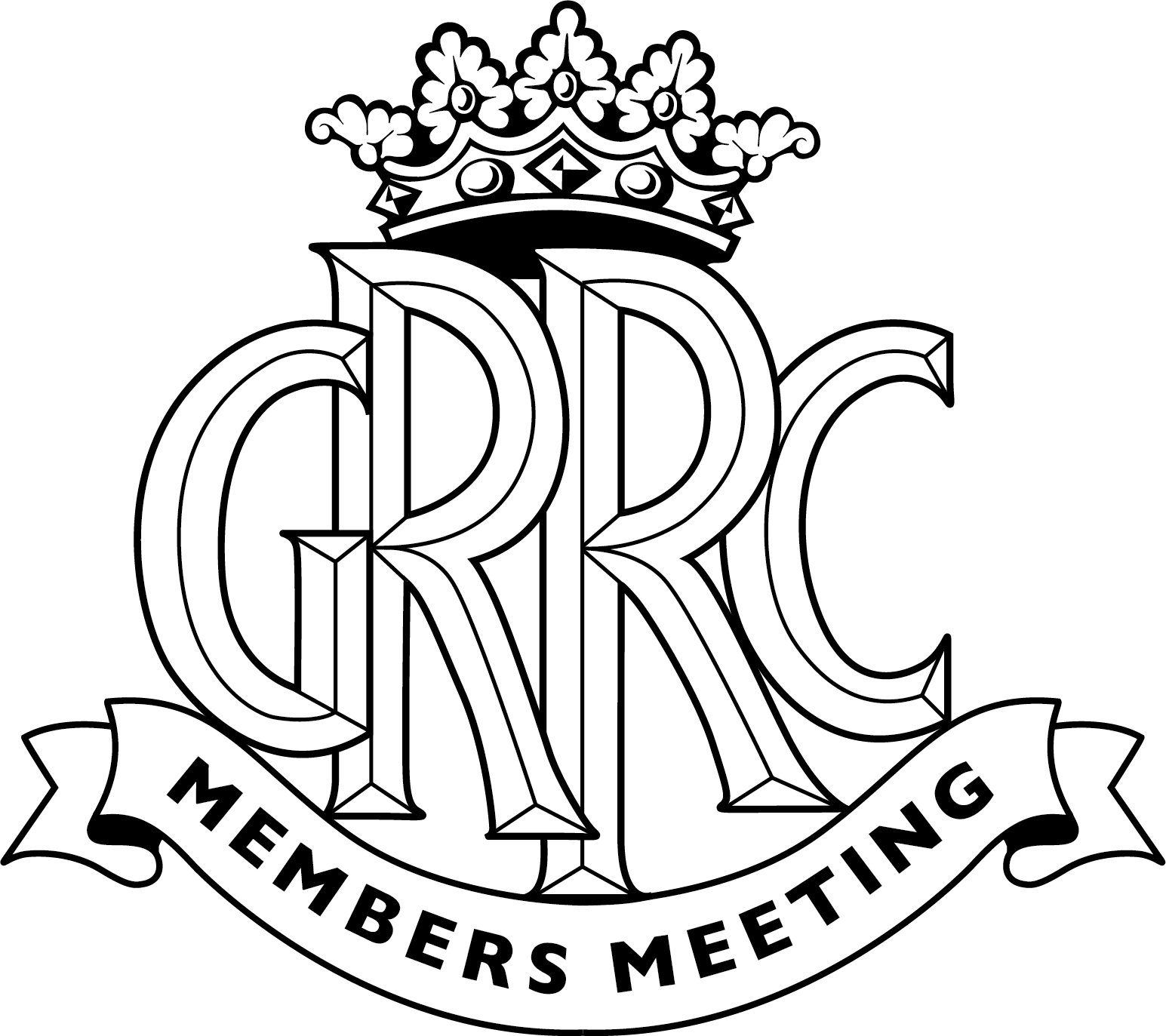Stirling Moss's very first racing car
Could this be the most significant car in Sir Stirling Moss’s career? It was undoubtedly fundamental. This BMW 328 Frazer-Nash was his first competition car, the very machine in which he began to learn his craft and take his first victories. This year formed part of a parade at the Goodwood Revival where we paid tribute to the great man.

It was actually Stirling’s father, Alfred Moss, who bought the car, owning it from 1946 to 1950. He allowed his son to compete in it, and he chalked up his very first victories with it. His first win was in the 1947 Harrow Car Club Trial, quickly followed by successes at the Cullen Cup and JCC Eastbourne Rally.
Patrick Wills brought the car to the 2021 Revival, it having been in his family’s ownership since 1983. It has had a consistently active life during that time, winning four out of eight Pomeroy Trophies it entered between 1989 and 2003. In 2012, Stirling Moss was reunited with the car at the Goodwood Revival.
At previous events, the car has claimed podium finishes at Revival in the hands of Patrick’s father, but this weekend it was Patrick himself who drove it in the parade before handing it over to John Ure and Alastair Pugh for the Brooklands Trophy. “I’ve raced it myself,” he says, “but it was a while back. I have raced it at Silverstone and Donington but I haven’t raced it ay Goodwood myself. Last time I competed with it was with Stirling at Prescott, so I was in the passenger seat. Stirling drove it quite a lot in his last years and loved it. He learnt to drive on this car. His father Alfred bought it for him probably thinking it’s a relatively safe car to learn in.”
Up to now, it has been used primarily as a road car. “We drive it in Suffolk around the roads very happily. It’s quite comfortable. It’s a little tight in there to be honest but it’s pretty comfy.” Work to prepare it for Revival may see its use switch more towards motor racing. “I’ve just done quite an eye-watering overhaul for this weekend and I think I need to amortise that cost and get it racing more. We had to do an adjustment for scrutineering to the fuel pipe. It stuck out. It’s had new tyres, there was a crack in the steering wheel. We had a crack in the wheel and that’s quite dangerous on the track so I’m glad we spotted that. It’s quite a long list.”
The demonstration laps were enough for Patrick to get a feel for the changes. “I think the car is good for this circuit, it’s got a decent top speed,” he says. “I haven’t driven it ever in my life as hard as I did on the parade lap. I pulled back a bit to see what it was like, and it’s lovely really. It sticks to the road like a go-kart. I’m too chicken to race it at Goodwood. I did my MSA licence here and I’d forgotten how tricky this circuit is.”
That said, it’s likely to see more competition use in future. “My prediction is that we’ll be doing more proper track racing in it, and I’ve just bought a 326 which has got a roof but looks the same inside and I’m going to use that for the rallies.” The 328 compares well against other historic cars Patrick has experienced. “I have a 1960 Alfa and it’s not as nice to drive, and it’s 23 years newer. The Frazer-Nash is much nicer, the steering’s tighter the brakes are better. It’s really ahead of its time.”
BMW had been making successful competition cars prior the war, chalking up victories in the Mille Miglia, and class wins in the Alpine rally, at Le Mans and at the Nürburgring. Meanwhile, Frazer-Nash was building its range of chain-driven cars. After the war, the UK company struck a deal to build BMWs under licence in right-hand-drive form, which explains the dual branding.
Photography by James Lynch.
Revival
Revival 2021
Stirling Moss










































































